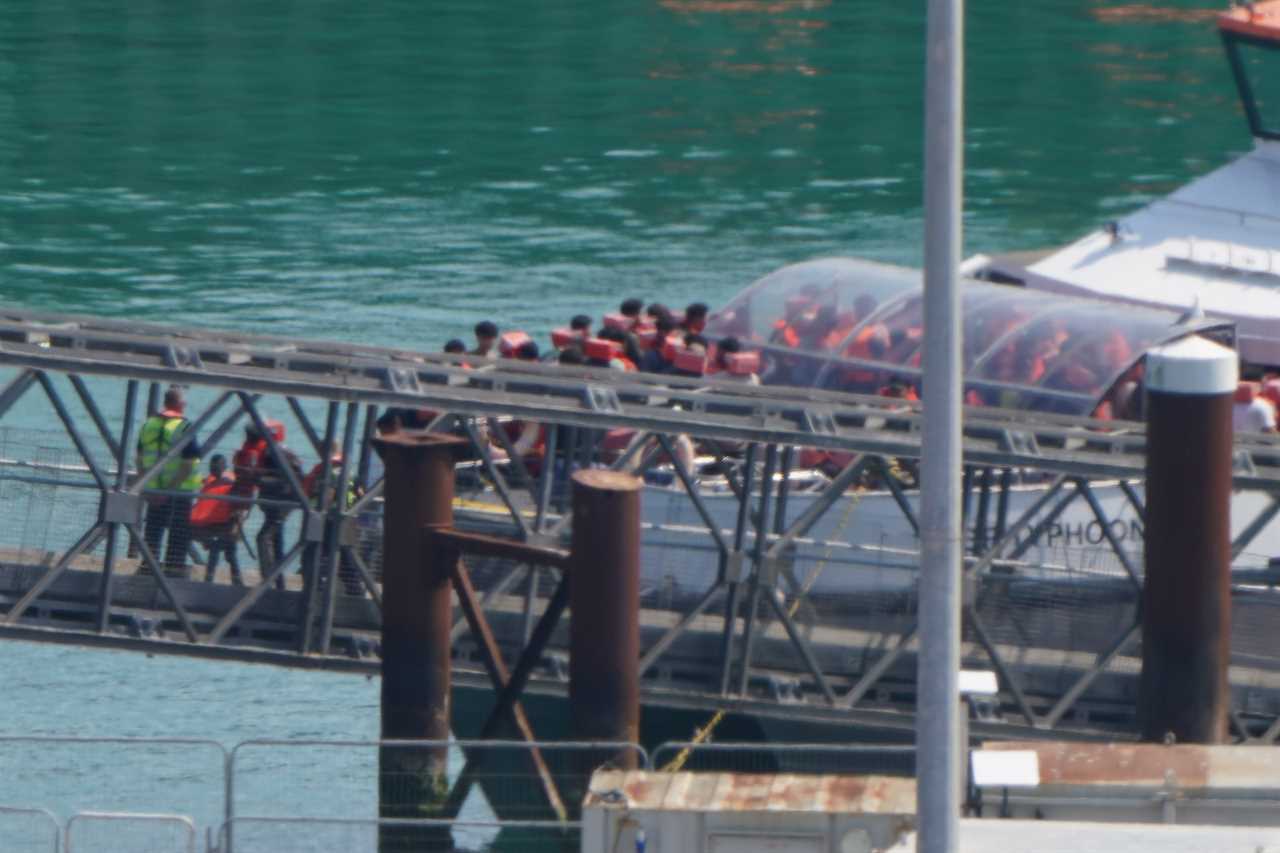
As the first migrants are detained under the new "one in, one out" agreement with France, the evolving landscape of migration policies is under scrutiny. Against the backdrop of increasing boat arrivals in the UK, the immediate detentions in Dover signal a shift in approach.
The wider context: Migration Realities and Policy Responses
The detention of migrants under this new pact raises questions about the effectiveness and ethics of such measures. With over 25,000 crossings already this year, the sheer scale of migration challenges demands a multifaceted response. The "one in, one out" system introduces a numerical symmetry that attempts to balance arrivals and departures, yet it faces criticism for its implications on human rights and safety.
Human Rights and Legal Complexities
Legal disputes surrounding the new policy highlight the complexity of international agreements and human rights considerations. Conflicting statements from government officials regarding the handling of asylum claims and deportations reveal underlying tensions. The need to navigate legal frameworks while upholding rights underscores the delicate balance required in crafting migration strategies.
Global Perspectives on Migration Governance
Amidst the Channel crossings and bilateral agreements, the global context of migration governance comes into focus. The interconnectedness of migration flows, security concerns, and human rights protection necessitates a comprehensive approach. Understanding the complexities of migration policies requires a nuanced view that transcends national borders and engages with broader international frameworks.
While the initial detentions mark a significant development in UK-France cooperation on migration, they also underscore the challenges of addressing a deeply intricate issue. As debates continue over the ethical implications and practical effectiveness of such policies, the broader conversation on migration governance and human rights remains paramount.






